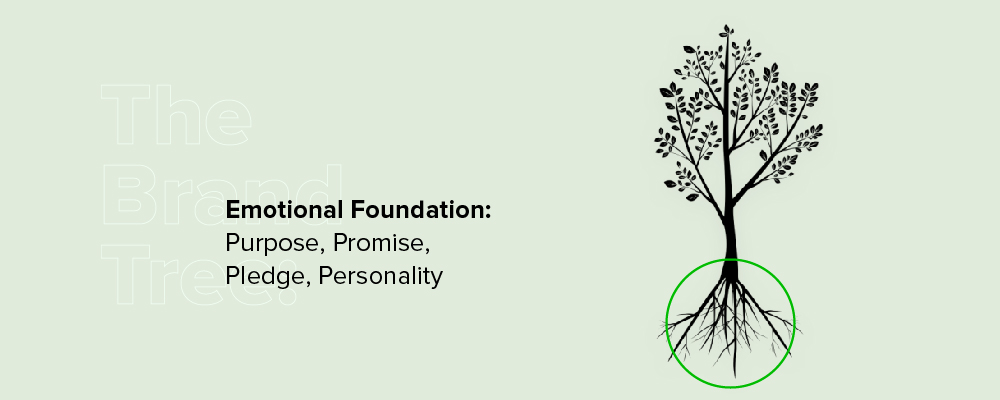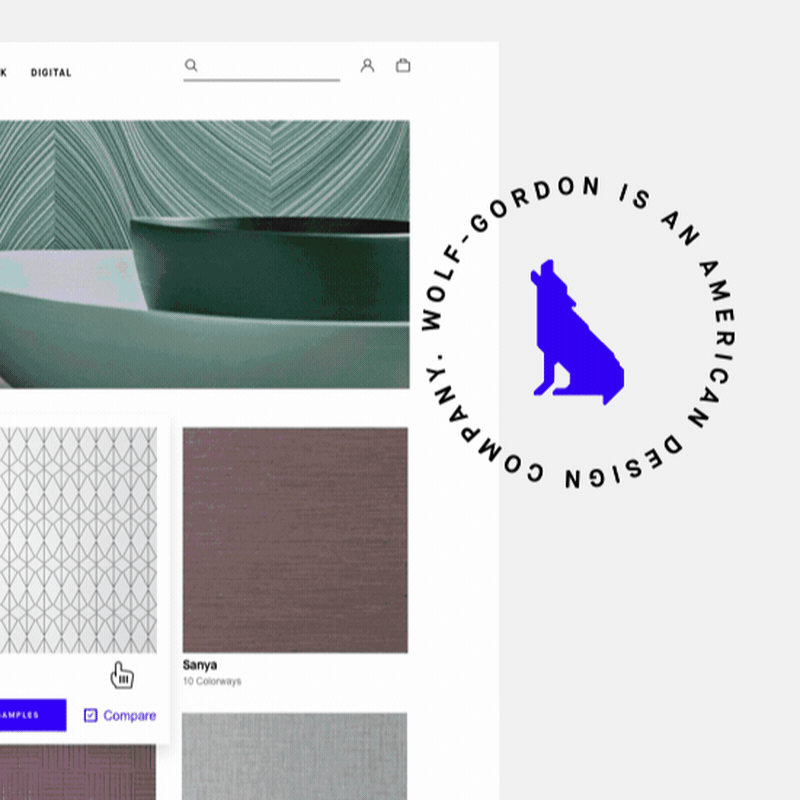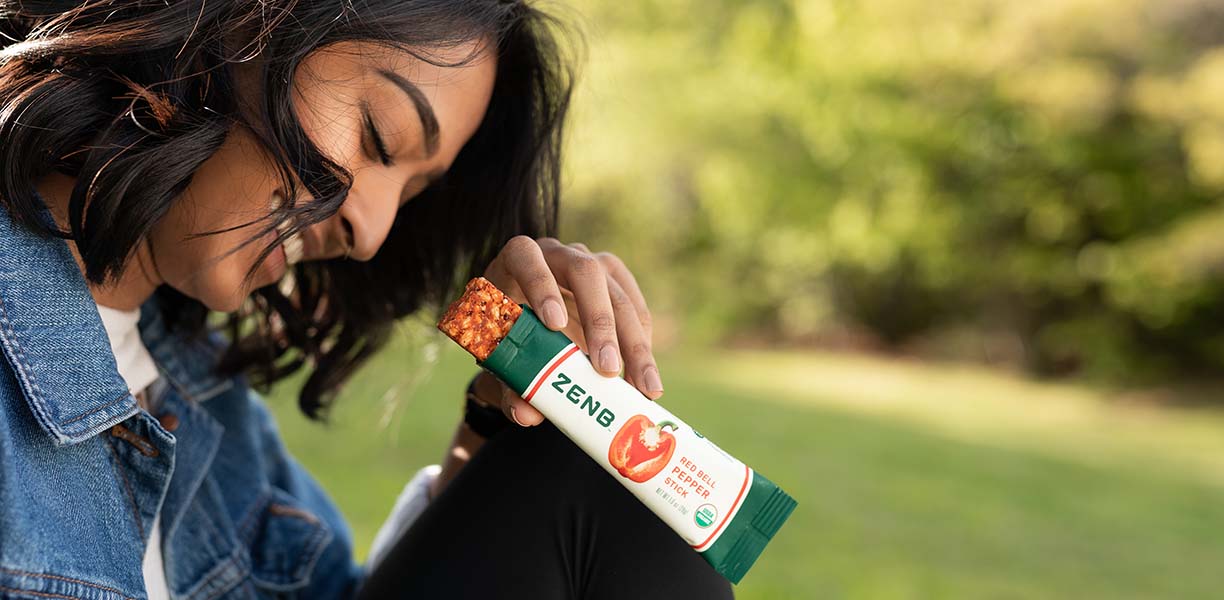Using The Brand Tree to Understand Branding

Far too often, logos are mistaken for the whole of a brand. This isn’t just a mistake made by people outside of the marketing and creative industries, either.
The truth is that a brand is much, much more than a logo. Brands are something much larger than a logo could ever be on its own. A brand is something that grows, changes, and evolves. The logo is merely a flower, and the brand an entire living tree.
Like a business, this tree could be hundreds of years in the works, but its species (industry), environment (market), and natural existence (ways of working) help it stand out. Each of these things helps to differentiate it within the forest, where some thrive and grow while others simply die without the world noticing.
A brand, like a tree, has roots, a trunk, branches, and leaves.
It all begins with an emotional foundation: the roots.
The roots of the brand tree consists of purpose, promise, pledge, and personality.

These foundational brand elements are the base from which the brand grows. If the roots are poor or incomplete, the brand will be as well. For example, if a brand launches without a purpose, its trunk and its branches will never grow strong.
A business must carefully plant and nurture its brand roots until it grows into something observable, noticeable, memorable.
Remembering one’s roots is why the creation story is so powerful in the branding process. Whether a business was founded in a dorm room, or a garage, or part of a big corporate merger, it says a lot about who the brand is on a personal level.
PURPOSE
The purpose of a brand is where it all begins. Everything begins with why. If you cannot pinpoint the “why” behind your brand to determine its purpose, anything else you build on top of it will be useless. Even if you have the most beautiful logo and business cards, your brand is empty and meaningless without purpose.
PERSONALITY
Personality is the next major part of a brand’s foundation. It is who they are and how they exist in the world. Along with the purpose, it is the emotional, truthful representation of a business that lets it truly live. Would Geico be Geico without embracing their light-hearted and witty personality through the TV and radio commercials we all know and love? That is a core part of who they are as a brand; an identity we can all recognize.
A brand’s personality is who they are as a human being, not a company. People don’t want to do business with a business, they want to do business with another person — someone they can connect with, someone they can understand, and who can understand them and their unique needs.
PROMISE
A brand’s promise is another important aspect of its root system. The promise of a brand comes to life in the emotion they offer their consumer. Geico elicits some laughs with its witty personality, but it promises a feeling of connection and trust. A Geico customer knows that even though their insurance company may joke around, they are a brand that they can rely on for both affordable rates and dependability. That is their promise.
PLEDGE
The fourth and final segment of a brand’s root system is their pledge, which consists of the tangible values that they are dedicated to. The pet health company Earth Animal pledges to never use ingredients that are not naturally sourced. This pledge consists of a value that is definitely connected to the brand’s purpose, personality, and promise, but remains its own segment of the brand.
The second part of the brand tree is the functional brand extension: the trunk.
The trunk is the extension of the roots that supports it as it grows.

The trunk of a brand consists of positioning, proof, pursuit, and practice.
POSITION
Positioning is how the tree differentiates itself within its environment, not just being bound to where it’s planted, but how it grows and adapts. Sure, while positioning could surely be considered a key part of the roots, it can, in fact, change easily and repeatedly. Positioning is how you as a brand exist amongst competition and consumers.
Going back to our Geico example, it is important to note that Geico wasn’t always light-hearted and chuckle-inducing. Originally, Geico was a much more stuffy, less-fun Government Employee Insurance Company. Around 1994, they essentially replanted themselves to better fit their environment and competition by partnering with The Martin Agency (more on partnerships below). Like the trunk of the tree growing around or through an obstacle, a brand can shift its positioning to thrive.
PROOF
A brand’s proof is how a brand confirms their position and demonstrates their values in the world. For example, Gilette shifted its position earlier this year from a macho man’s brand to a brand for socially-conscious men. They confirmed that position through their controversial ad, The Best a Man Can Be. That is the brand’s proof of position, always growing along one another.
PURSUIT
The pursuit of a brand is the constant reach the brand exhibits toward a goal they are in the process of achieving. Any good brand will always be in the middle of striving towards something, whether that be a new customer segment or world peace.
PRACTICE
The fourth component of the trunk is practice. A brand’s practice is essentially how they operate: their methods, processes, and things they do repeatedly. Is it in the practice of the Connecticut Art Directior’s Club to host an annual awards show for the creative community. Another practice might be individuals of a brand always starting their days with a team huddle, or taking a group coffee break every Tuesday at 2pm.
Just like the other three components of the trunk, a brand’s practice is always growing and changing as the brand’s values and position change.
The third and final part of the Brand Tree are the leaves, branches, and flowers, which represent the executional parts of a brand: partnerships, promotion, and proactivity.
This is where the visual branding lives.
The logo, the corresponding visual elements, the billboards, the menus, the letterheads, and the coffee mugs. It is the segment of the brand that is most visible and appealing, which is the reason so many people mistake it for the whole brand.

The executional side of a brand is focused on how the brand looks and how it is perceived. There is a reason why a brand needs beautiful flowers and leaves to properly present itself to the world and catch attention, but there would be no flowers or leaves without the supporting trunk and strong roots.
PARTNERSHIPS
A brand’s partnerships is one aspect of it’s branches. Partnerships are who they work or get intertwined with to extend themselves as a brand and business. I’m not sure if Redbull would be here today if they hadn’t partnered with thousands of other brands around the world to sponsor events.
PROMOTION
A brand’s promotion is where the logo lies that we all worship and praise (finally!). It is far too often that we see start-up companies come to us for a logo. It’s important to hit the pause button here, get them into a room, and discuss the roots and trunk of their business before ever considering what a logo might look like. Digital Surgeons actually developed a sub-brand to help do just this. Once we can help that business establish and identify their roots and trunk, we can open the conversation to discussing visuals.
A brand with a great business foundation grows to create great consumer experiences. Just as it is beautiful to watch a flower bloom from a bud into a colorful explosion, one of the most exciting things to watch is a brand begin to blossom its visual identity and extend it onto packaging, digital experiences, campaigns, and products. These all reach out to the world, the consumer. They move with the world, like leaves move with the wind. Consumer interaction and emerging technology dictates the direction of this movement. Marketing operations change with the season, like the leaves.
Too often, brands only consider their campaign work and tactics as things that help it grow. They forget that it is actually the roots down below that dictate its success even more than its branches, leaves, and flowers.
Remember that like a tree, a brand is a living thing. It grows and adapts, or it withers and dies. The outcome lies in your hands.
But if you walk away from the article with only one takeaway, please know: A brand is not a logo.


